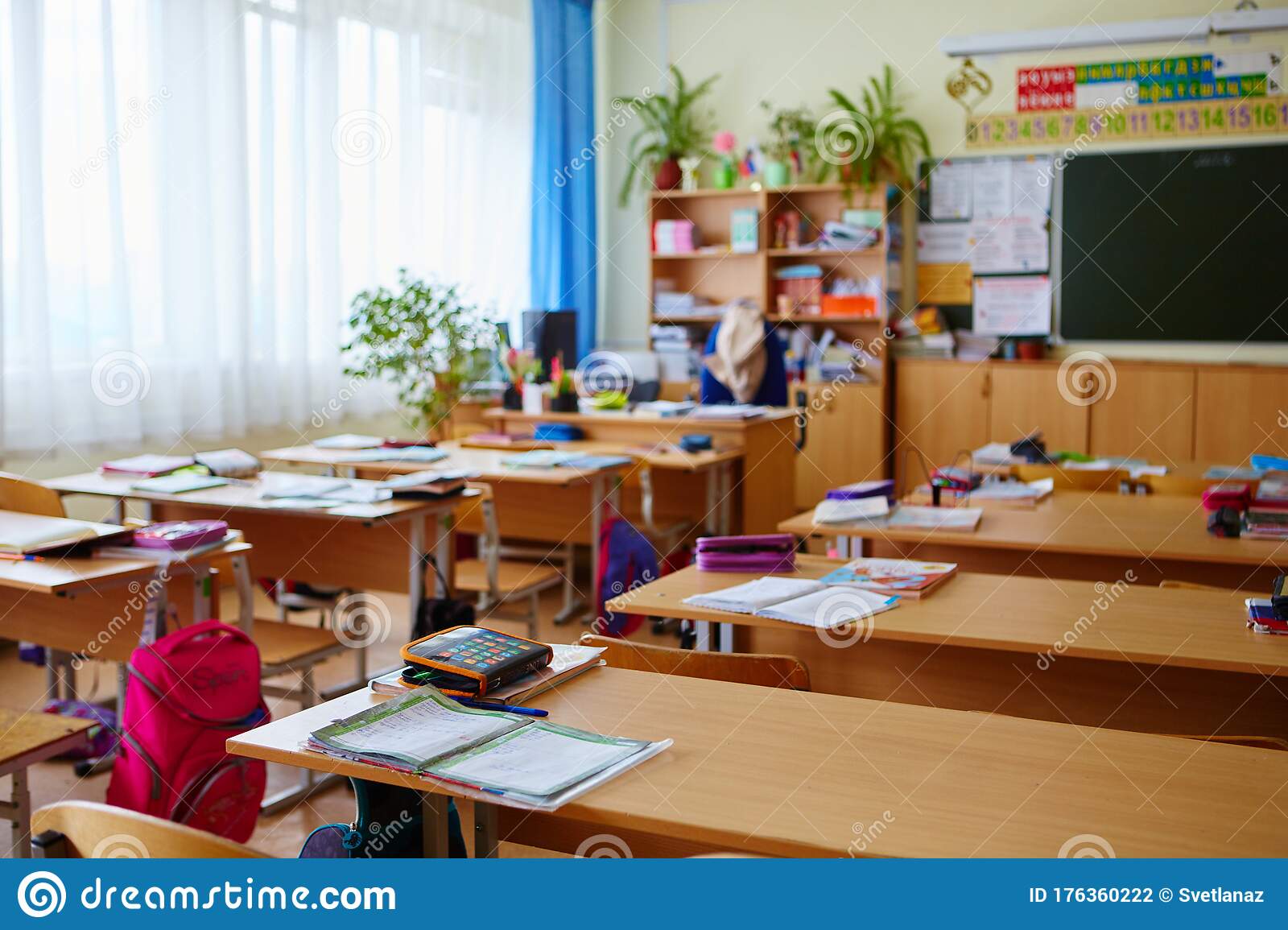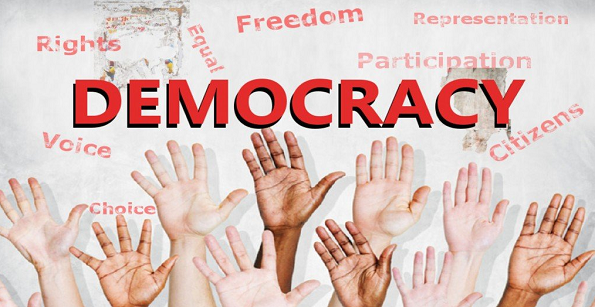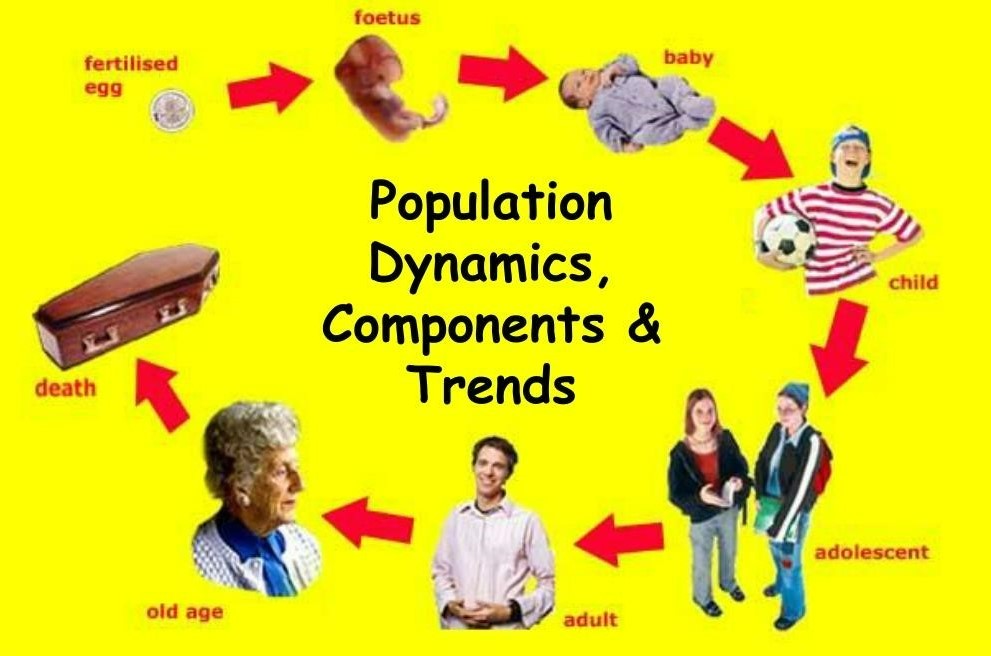
Issues in Indian Politics
CO1–Analyse the dialectics of caste, class and politics in India
CO2– Understand and analyse the changing nature of Party System in India with special reference to major political parties in the country
CO3 –Analyse the dynamics of electoral politics in India
CO4 – Understand various debates on secularism, nationalism, communalism and democracy
CO5– Understand various theories of marginalisation and the problems of marginalised social groups in India
CO6 –Evaluate India’s Political economy and the development experience

GLOBAL HEALTH SECURITY
CO1- Understand the Relevance of Global Health Security and the Role of Diplomacy in Global Health
CO2- Analyse the Geopolitics of Global Health
CO3-Understand How Global Health is Financed and the Role of Health Financing Institutions
CO4- Understand and Analyse the Challenges to Public Health System in India
CO5- Analyse the question of Equity and Justice in Global Health
CO6- Understand the Divergent Perspectives on Global Health Governance

EDU-CC-542 Modern Educational Policies and Teacher Education
Educational policies and teacher education are the topics

DEMOCRACY, ELECTIONS AND VOTING BEHAVIOUR
CO1: Understand the general process of democracy, mainly elections and related factors.
CO2: Understand the concepts, ideas, and debates on elections in democracy.
CO3: Evaluate elections, role of political parties and voting behaviour.
CO4: Analyze the electoral systems comparatively with the leading democratic countries of the world.
CO5: Understand the importance of psephology and election studies.
CO6: Evaluate the electoral process in India.
CO7: Understand the electoral politics in Kerala

NEUERE DEUTSCHE LITERATUR-I
CO1: Outline the literature of 20th and 21st century
CO2: Familiarise with the contemporary German literature and majors writers
CO3: Distinguish the salient features of the most prominent writers of 20th and 21st
Century of literature from German speaking countries
CO4: Evaluate the socio-political engagement of the contemporary literary works
CO5: Compare the themes selected for majors literary works of 20th and 21st
With the post war influence and its impact on German mindset towards outside world
CO6: Formulate the world view from these literary creations for the sustainable
Development and world piece

Research Methodology
CO1: Identify appropriate research topics; equip the students with the opportunity to
independently carry out an in-depth inquiry to investigate a research question(s) of
their choice and develop them as a research minded practitioners
CO2: Select and define appropriate research problem and parameters; outline qualitative and
quantitative methodologies
CO3: Choose suitable research methodology and select sources for literature review and data
collection
CO4: Analyse the sources and interpret the selected theme
CO5: Design the conclusions
CO6: Compose the thesis and revaluate

LITERARY CRITICISM- I
After Completion of the modules, the student should be able to:
- 1. To develop a wholesome picture of major exponents of Indian literary criticism and their ideas and different standpoints.
- To read and understand the major texts in Sanskrit dealing with literary theories and related concepts.
- To understand and critically analyse the history of Sanskrit literary theories and evaluate the literature in general by applying the Sanskrit literary theories.
- To analyse all creative writings in the light of Dhvani or suggestion and ability to appreciate the literary taste scientifically.
- To develop aesthetic and cultural values and promote the virtues of life and to develop presentation and communication skills through Sanskrit poetics.
- To apply the knowledge in new situations and to present communicative skills in linguistics and etymology.
- To understand the division of Dhvani in detail and to understand the usages of varna, pada, vakya in literature.
- To get an awareness about the contributions in later works based on the concept of Dhvani in Malayalam and other literature.

DEM - GC - 501 KERALA'S POPULATION DYNAMICS
This Course is offered to the I semester PG students outside the department as an elective course .

COM-BE-513 ADVANCED CORPORATE ACCOUNTING
PSO: Knowledge of Indian Accounting Standards and skill in preparing financial statements of corporates including consolidated financial statements and accounting for amalgamation and liquidation of companies.
CO1: Understand the trade related Accounting Standards and their application
CO2: Understand and Recognize the convergence of IFRS and Ind AS
CO3: Acquire the skill for preparing Financial Statements by applying relevant Accounting Standards
CO4: Understand and Apply the knowledge in accounting for Amalgamation
CO5: Understand and do Accounting for Liquidation of Companies